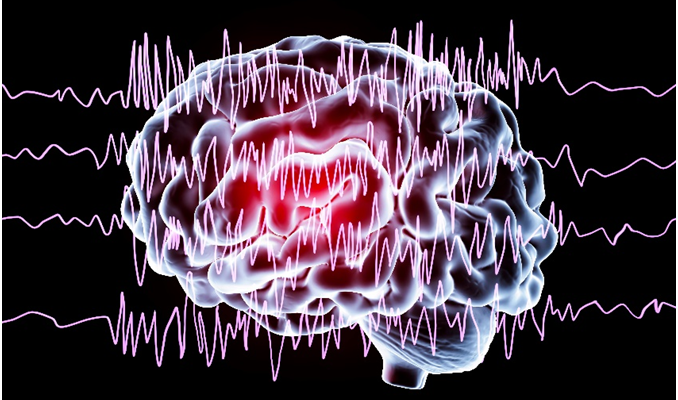It is common to feel frightened and helpless when witnessing a seizure. Seizures are relatively common and can occur after a stroke, a closed head injury or an infection, or are the result of conditions like epilepsy or physical Tourette’s. Often, the cause of a seizure is unknown.
The home doctor experts at House Call Doctor say it’s important to stay calm and be aware of the correct first aid response so that you can help.
What is a seizure?
A seizure is a sudden, uncontrolled electrical disturbance in the brain. This can cause stiffening and jerking of the arms and legs and a loss of consciousness or altered consciousness.
There are many types of seizures that need to be treated differently according to their severity. If someone has two or more seizures or a tendency to have recurrent seizures, they have epilepsy.
Types of seizures
There are two main categories of seizures: focal and generalised seizures.
Focal seizures result from abnormal electrical activity in one area of your brain and can occur with or without loss of consciousness.
Generalised seizures involve all areas of the brain and include:
- Absence seizures
These seizures may occur in clusters and cause a brief loss of awareness. They are usually characterised by staring into space or by subtle body movements.
- Tonic seizures
These seizures cause your muscles to stiffen, often affecting the muscles in your back, arms and legs and may cause you to fall to the ground.
- Atonic seizures
Also known as drop seizures, these cause a loss of muscle control which can cause you to suddenly collapse and fall to the ground.
- Clonic seizures
These seizures usually affect the neck, face and arms and are repeated or rhythmic, jerking muscle movements.
- Myoclonic seizures
Myoclonic seizures usually appear as sudden jerks or twitches of your arms and legs.
- Tonic-clonic seizures
These seizures are the most dramatic type of epileptic seizure that cause an abrupt loss of consciousness, body stiffening and shaking. They can also cause loss of bladder control or lead to the person biting their tongue.
How to help someone having a seizure
If someone has epilepsy, they will have a seizure care plan that you can follow. However, if you do not know the person or their plan, there is general first aid that you can perform, which includes:
- Stay calm and remain with the person
- Time the seizure – if it lasts for 5 minutes or more, call an ambulance immediately
- Protect the person from injury
- Protect the head
- Gently roll the person onto their side to assist with breathing
- DO NOT restrain the person’s movements
- DO NOT force anything in their mouth or try to give them water, pills or food until they are fully alert.













Comments